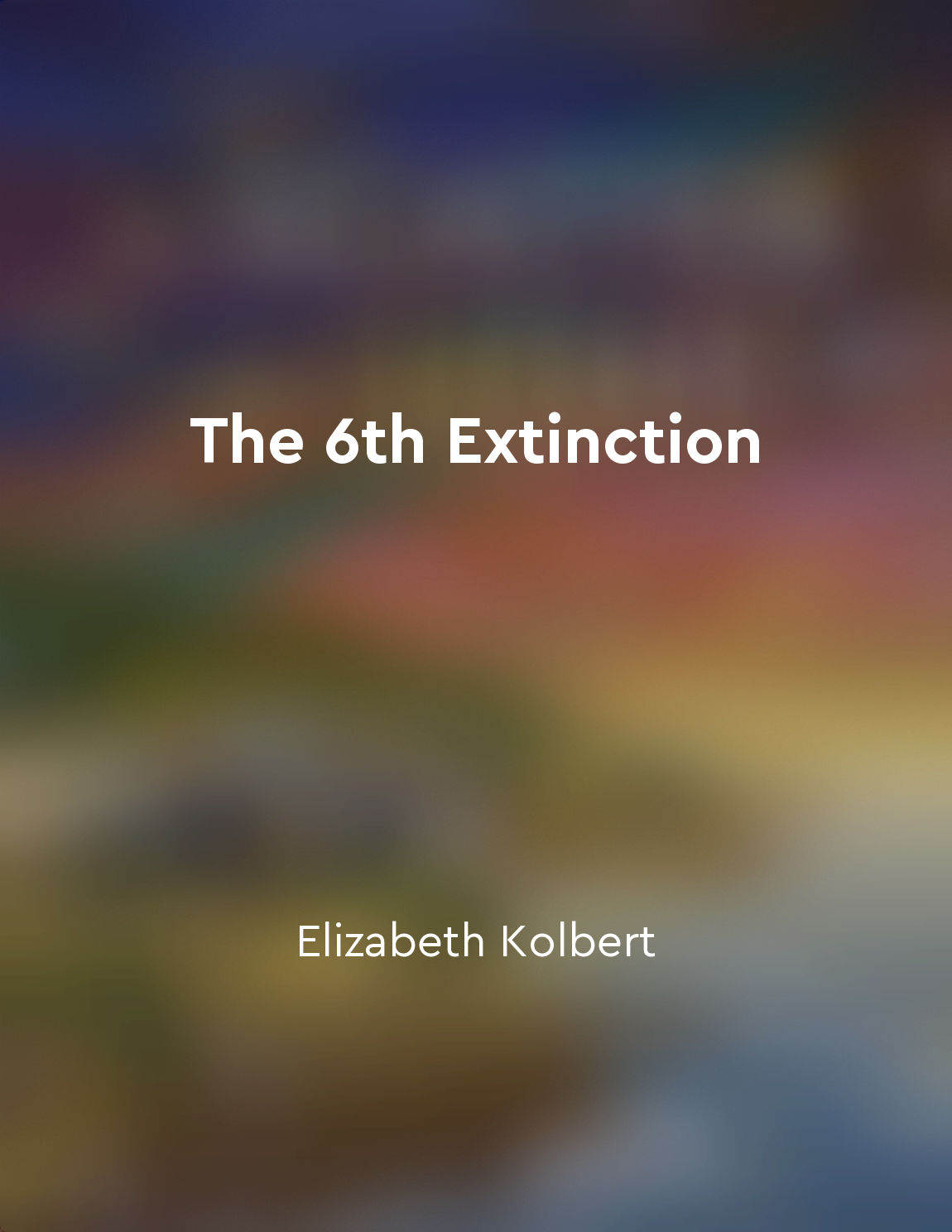Biogeography studies the distribution of species on Earth from "summary" of NCERT Solutions - Biology for Class 12th by Dr. Madhurbhashini,Sargam Hans,Shanya Hans
Biogeography, a branch of biology, delves into the study of the distribution of species on our planet. This field combines elements of geography and biology to understand how and why certain species are found in specific regions. By examining the patterns of distribution, scientists can gain insights into the factors influencing the presence or absence of species in different habitats. The distribution of species is not random but is shaped by a variety of factors, including environmental conditions, historical events, and evolutionary processes. Biogeographers analyze these factors to unravel the complex interactions that determine where different species are found. Through their research, they aim to uncover patterns and trends that can help in the conservation and management of biodiversity. One key aspect of biogeography is the study of biotic provinces, which are regions characterized by distinct groups of species. These provinces are defined based on factors such as climate, geography, and species composition. By mapping out these provinces, scientists can identify areas of high biodiversity and prioritize conservation efforts. Additionally, biogeography helps in understanding the processes of speciation and extinction. By studying how species have evolved and disappeared over time, researchers can piece together the history of life on Earth. This knowledge is crucial for predicting how species will respond to future environmental changes and for developing strategies to protect endangered species.- Biogeography plays a vital role in our understanding of the natural world and in guiding efforts to conserve biodiversity. Through its interdisciplinary approach, this field sheds light on the intricate relationships between organisms and their environments, offering valuable insights into the complexity of life on Earth.
Similar Posts
Racial bias has shaped migration policies and attitudes
Racial bias has long played a significant role in shaping migration policies and attitudes. Throughout history, racial prejudic...
The human body bears traces of our evolutionary past
The human body is a walking museum of our evolutionary history. Every step we take, every breath we breathe, we are reminded of...
Education is a powerful tool
Education has long been recognized as a powerful tool for individuals to improve their lives and contribute to society as a who...
Hope is a powerful motivator
Hope has the extraordinary power to push individuals beyond their limits, to inspire action when all seems lost. It is the spar...
Biotechnology manipulates living organisms for human benefit
Biotechnology is a field that involves using living organisms to develop products and processes that benefit humans. It is a po...
Behavioral economics can inform environmental policy
Behavioral economics offers valuable insights that can be applied to the design of environmental policies. By recognizing that ...
Key concepts in evolutionary theory continue to evolve
Evolutionary theory stands as a towering edifice in the intellectual landscape of science. Its core principles have remained fi...
The intricate relationship between plants and animals is complex and beautiful
The interplay between plants and animals in the wild is a dance of co-dependency that has evolved over millions of years. From ...
Predators play a vital role in regulating populations
In the Serengeti, predators are the architects of life. They are not just killers; they are the sculptors of ecosystems, the re...

The Arctic is experiencing rapid changes due to global warming
The Arctic, a region known for its extreme cold and vast expanses of ice, is undergoing dramatic transformations as a result of...

